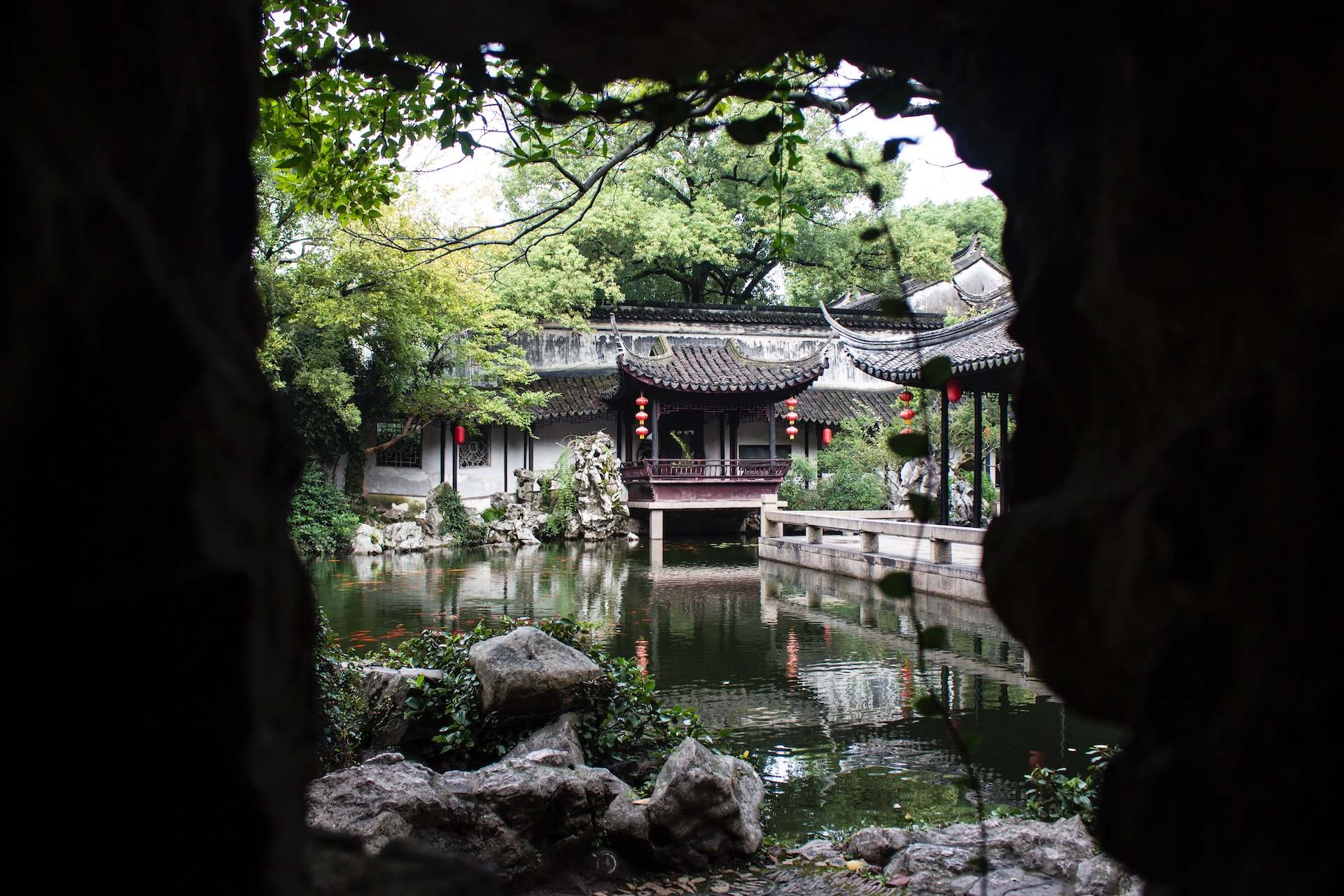Suwon weather is a topic of great interest for many people, as the city is known for its unique climate and distinct seasons. Suwon is located in the Gyeonggi province of South Korea, and experiences a humid subtropical climate with four distinct seasons. The city is known for its hot summers and cold winters, with the average temperature ranging from -5°C (23°F) in January to 25°C (77°F) in August.
The city of Suwon is famous for the Hwaseong Fortress, a UNESCO World Heritage Site, and the traditional Korean houses in the city center. The weather in Suwon plays a significant role in the tourism industry, as it can greatly impact the experience of visiting these historical sites.
Suwon’s weather is also heavily influenced by the monsoon season, which brings heavy rain and strong winds to the city from June to September. The monsoon season can make it difficult to visit the city’s outdoor attractions, but it also provides a unique opportunity to experience the city in a different way.
In this blog post, we will take a closer look at the weather in Suwon throughout the year, including average temperatures and precipitation levels. We will also provide recommendations on the best time of the year to visit the city, based on the weather and the types of activities you may want to do while you’re there.
| Month | Low (°C) | High (°C) | Low (°F) | High (°F) | Rain (%) | ||||||
|---|---|---|---|---|---|---|---|---|---|---|---|
| January | -5 | 3 | 23 | 37 | 70 | ||||||
| February | -3 | 5 | 27 | 41 | 60 | ||||||
| March | 2 | 11 | 36 | 52 | 50 | ||||||
| April | 8 | 17 | 46 | 63 | 40 | ||||||
| May | 13 | 22 | 55 | 72 | 30 | ||||||
| June | 18 | 27 | 64 | 81 | 70 | ||||||
| July | 22 | 30 | 72 | 86 | 80 | ||||||
| August | 22 | 30 | 72 | 86 | 80 | ||||||
| September | 18 | 27 | 64 | 81 | 70 | ||||||
| October | 13 | 22 | 55 | 72 | 50 | November | 8 | 17 | 46 | 63 | 40 |
| December | 2 | 8 | 36 | 46 | 70 |
When deciding on the best time to visit Suwon, it is important to consider the weather and the types of activities you plan to do during your trip. If you’re looking to experience Suwon’s famous historical sites, such as the Hwaseong Fortress, the best time to visit would be during the spring or fall when the weather is mild and comfortable for sightseeing. The months of April and May, as well as September and October, offer the perfect combination of comfortable temperatures and minimal rainfall, making them ideal for visiting the city’s outdoor attractions.
On the other hand, if you’re looking to experience Suwon’s cultural festivals and events, the summer months of June, July, and August would be the best time to visit. These months offer the warmest temperatures and the longest daylight hours, making them perfect for experiencing the city’s vibrant nightlife and cultural events. However, be prepared for the monsoon season which brings heavy rain and strong winds during this period.
For those who enjoy winter sports, the city of Suwon offers several opportunities for skiing and snowboarding. The winter months of December, January and February are the best time to visit for winter sports enthusiasts. The city’s proximity to the mountains makes it a great destination for skiing and snowboarding, and the cold temperatures offer perfect conditions for these activities.
In conclusion, the best time to visit Suwon depends on what you hope to experience during your trip. For those looking to visit the city’s historical sites and outdoor attractions, spring and fall are the best options, while summer is perfect for experiencing Suwon’s cultural festivals and events. Winter is also a great option for winter sports enthusiasts. Keep in mind that Suwon’s weather is heavily influenced by the monsoon season, so plan your trip accordingly.



